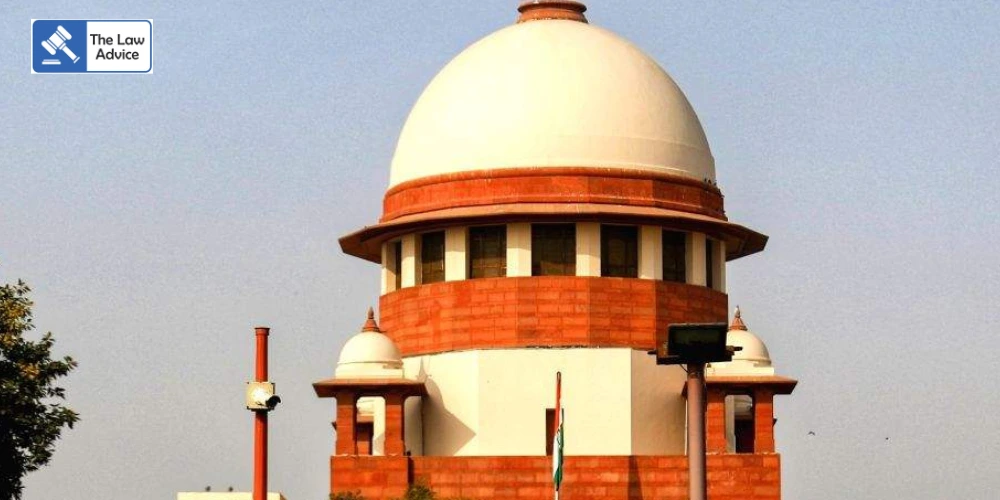The Supreme Court of India has strongly disapproved of the manner in which the Punjab and Haryana High Court dealt with an anticipatory bail plea in a corruption case, holding that the High Court diverted from its judicial duty by asking the police to justify why the accused had not been arrested in the last four years.
A bench comprising Justice J.B. Pardiwala and Justice Sandeep Mehta, while hearing Petition for Special Leave to Appeal (Crl.) No.11234/2025 – Gursewak Singh v. State of Punjab, granted anticipatory bail to the petitioner and observed that the High Court should have confined itself to examining the merits of the bail application rather than seeking explanations from the investigating agency.
Court’s Displeasure With High Court’s Approach
The Supreme Court termed the High Court’s order “cryptic and unusual,” pointing out that while deciding anticipatory bail, the primary consideration should be whether the petitioner deserved protection from arrest—not why the police had refrained from arresting him.
“Either the High Court should have allowed the application granting anticipatory bail or should have declined it on its own merits,” the bench said, emphasising that it was improper for the court to call upon the Director General of Police, Punjab, to explain procedural lapses.
The apex court highlighted that the very fact the petitioner had not been arrested for four years after registration of the FIR was by itself a strong ground for the exercise of discretion in favour of anticipatory bail.
The petitioner, Gursewak Singh, was facing proceedings under Sections 7 and 7A of the Prevention of Corruption Act, 1988 along with Section 120B of the Indian Penal Code. The FIR was lodged in 2021, but Singh had not been arrested since then.
In 2025, apprehending sudden arrest, he approached the High Court seeking anticipatory bail. Instead of adjudicating on merits, the High Court directed the Director General of Police to file an affidavit explaining two points:
1. Why a charge sheet under Section 173(2) CrPC had not been filed against the arrested accused; and
2. Why the petitioner had not been arrested for nearly four years.
Aggrieved, Singh challenged this order before the Supreme Court through the present SLP.
When questioned about the delay in filing his anticipatory bail plea, Singh clarified that he was earlier assured informally that no proceedings were pending against him. Although he was initially suspended from service, his suspension was revoked, and he was reinstated on 27 September 2023.
He stated that fear of arrest arose only when he received a communication from the Deputy Commissioner, directing him to appear before the Deputy Superintendent of Police, Economic Offences Branch.
The Supreme Court made several key observations:
• The High Court’s order asking “why the accused was not arrested” was misplaced. The absence of arrest for four years should have been seen as a factor supporting anticipatory bail.
• Once the High Court had already granted anticipatory bail to a co-accused who allegedly accepted the bribe, parity demanded a similar relief to the petitioner.
• Courts must adjudicate anticipatory bail applications directly, either by granting or rejecting them, instead of diverting to ancillary issues.
Even though the case was technically pending before the High Court, the Supreme Court decided to dispose of it finally in order to prevent further delay. It granted anticipatory bail to the petitioner, directing that if arrested, he shall be released on bail subject to conditions imposed by the Investigating Officer.
The ruling serves as a reminder that anticipatory bail proceedings must remain focused on judicial discretion and protection of liberty, without being clouded by unnecessary inquiries into the conduct of the investigating agency.
